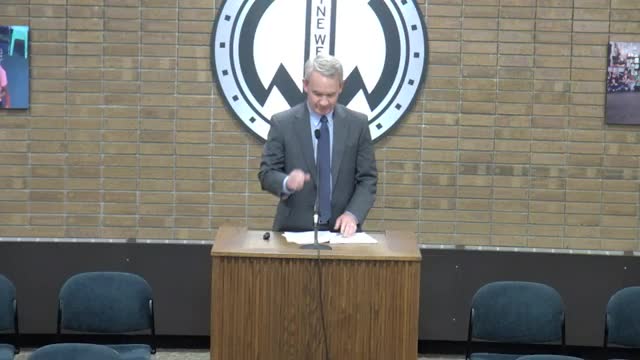Independent audit: Wayne‑Westland posts clean opinion; fund balance rebounds
Get AI-powered insights, summaries, and transcripts
Subscribe
Summary
Independent auditors from Plant Moran presented an unmodified (clean) opinion on the district’s June 30, 2025 financial statements, reporting no findings and noting a positive fund‑balance trend despite timing of state aid.
Plant Moran partner Jeff Higgins told the Wayne‑Westland Community School District Board that the firm had issued an unmodified (clean) opinion on the district’s financial statements for the year ended June 30, 2025.
Higgins said the firm also issued a clean opinion on the district’s federal program testing for the Child Nutrition Program, Title I and Title II and reported "no findings" and "no questioned costs" for the procedures completed to date. He told the board a separate federal program report remains in draft pending the U.S. Office of Management and Budget’s compliance supplement.
The audit presentation matter‑of‑factly summarized key balances and cash‑management considerations. Higgins said total district assets were just over $91 million and total liabilities about $57 million; roughly $36.3 million of the assets were cash and investments and about $24.4 million were receivables. He said about $30 million of restricted assets represented cash designated to pay a state aid note that was paid off shortly after the fiscal year end.
Higgins emphasized that Michigan’s foundation allowance is paid across 11 installments and that roughly 18% of the district’s state aid is received after the fiscal year end, which requires active cash management. On revenue and expenditures, Higgins said general‑fund expenditures for the year were about $139 million and salaries and benefits made up the bulk of spending. The district ended the year with approximately $1.6 million in revenues in excess of expenditures, bringing the general‑fund balance to about $33.7 million, roughly 24.2% of expenditures and “about the state average,” he said.
Board members pressed Higgins about trends across other districts and the risk of reduced federal and pandemic‑era funding. Higgins said COVID‑era funds had raised statewide fund‑balance averages and that, with those funds spent, many districts face uncertainty. He cited 15–20% of expenditures as a commonly recommended reserve target from finance groups but said each district’s circumstances differ.
Higgins also described the audit timing: the district’s financial audit was complete and clean, but Plant Moran was awaiting the final federal compliance supplement before issuing the finalized federal‑program audit. He said state rules permit filing within 30 days after the compliance supplement is issued when timing prevents a November 1 filing.
The board did not take any formal action on the audit presentation; members asked clarifying questions and thanked the business office for preparation and timely responses during the audit process.
